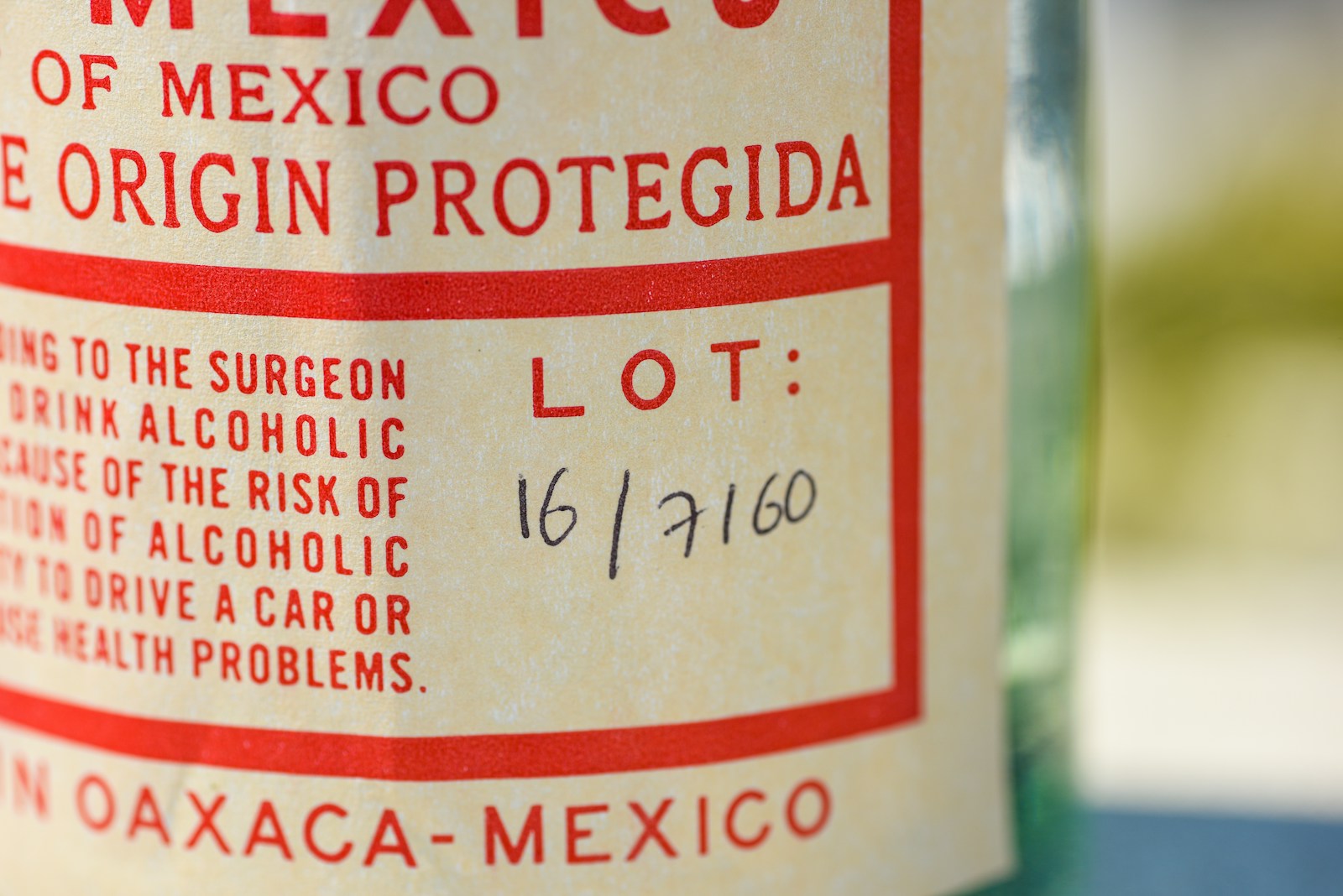
Addressing Alcohol Consumption Through Informed Choices: WFPHA’s Response to Codex’s Call for Comments on Alcoholic Beverage Labeling
News
Apr 24, 2024
The World Federation of Public Health Associations (WFPHA) has recently submitted its comments in response to the Codex Circular Letter CL 2024/13-FL concerning the labeling of alcoholic beverages. As a global network representing around 5 million public health professionals, WFPHA is committed to advocating for public health policies and practices that contribute to a healthier world. Dr. Alexandra Jones represents the WFPHA at this consultation and more broadly within the Codex Alimentarius.
The need for effective labeling on alcoholic beverages is underscored by the significant health burden associated with alcohol consumption. In 2019 alone, alcohol was responsible for 2.6 million deaths and contributed to 4.7% of the global disease burden. The WFPHA supports the World Health Organization’s Global Alcohol Action Plan 2022-2030, which advocates for clear consumer protection measures, including mandatory labels that provide crucial information such as alcohol content, caloric value, and health warnings.
Health Warning Labels: A Crucial Tool for Public Health
Health warning labels on alcoholic beverages are proven to raise awareness about the dangers of alcohol consumption at the point of purchase. These labels, when designed effectively, can slow down drinking rates, reduce the number of drinking occasions, and even deter purchases altogether. Countries like Australia, Canada, and France, among others, have implemented such labels, with recent initiatives such as Australia’s pregnancy warning labels highlighting the shift towards mandatory government-led labeling after years of inadequate voluntary industry-led efforts.
Nutrition and Health Information: Enhancing Consumer Awareness
The WFPHA also supports the implementation of standardized, mandated labels that provide nutritional information. This move aligns with existing Codex labeling standards that require nutrient declarations on food products, which should also apply to alcoholic beverages. The organization suggests a cautious approach to displaying full nutrient declarations to avoid creating a “health halo” effect where alcoholic beverages might appear healthier than they are. The same applies to health claims, acknowledging that alcohol is classified as a Class 1 carcinogen with no recognized safe level of consumption.
No Exemptions from Standard Guidelines
The WFPHA believes that all alcoholic beverages should adhere to the standard guidelines for food labeling, without exceptions, even for small packaging. This consistency ensures that consumers are always informed about the contents and potential health impacts of the alcoholic beverages they choose to consume.
The Role of Digital Tools and Online Sales
While acknowledging the growing trend of online alcohol sales, the WFPHA stresses that digital tools should not replace on-product labels. Essential health information must remain accessible on the product labels to ensure that all consumers, regardless of internet access, are well informed.
Through its submission, the WFPHA is actively participating in shaping a more informed approach to alcohol consumption, reflecting its commitment to safeguarding public health across the globe. The ongoing discussions with Codex will hopefully lead to more robust and effective labeling standards that can contribute significantly to reducing the global health burden of alcohol.
